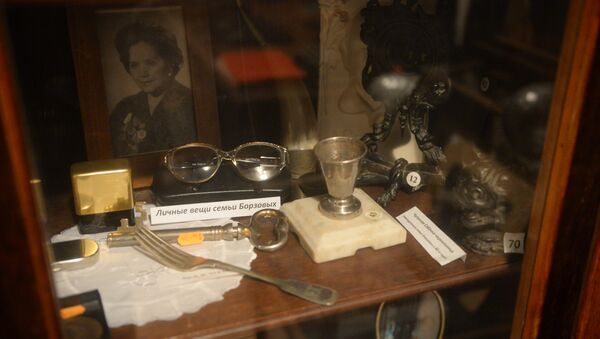MOSCOW, December 19 (Sputnik) Sergey Lunev – 'The House on the Embankment' is a unique establishment in Moscow which depicts the historical rise and fall of the old Bolsheviks, the first generation of the Soviet ruling class. It has a grim history of mass repressions and remembers the Stalin times.
Sputnik got a chance to speak to Olga Trifonova, head of the Museum of the House on the Embankment. Here’s what she told us:
The block-wide apartment house was built by the well-known Soviet architect Boris Iofan. The construction work began in 1928 and lasted for three years. It became one of the most marvelous examples of Soviet Constructivism. For the time, the house was equipped with impressive infrastructure: hot running water and telephones in every apartment, a cinema inside the building and sport grounds. Originally the idea of the architect was to paint the walls of the house pink. However, the builders ran out of money, and had to paint it a gloomy grey – which was cheaper. The house has 505 apartments, three courtyards and 25 entrances.
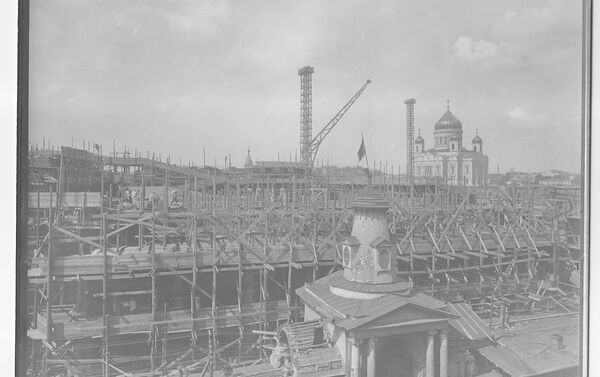
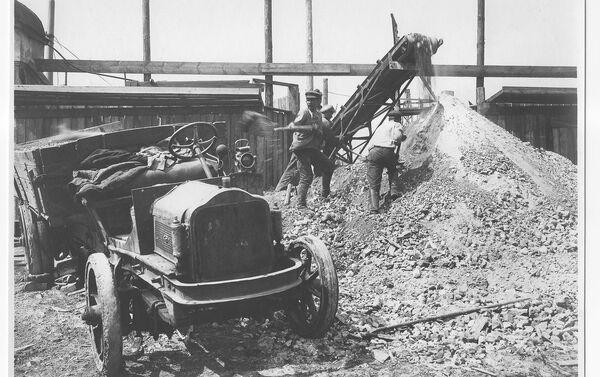
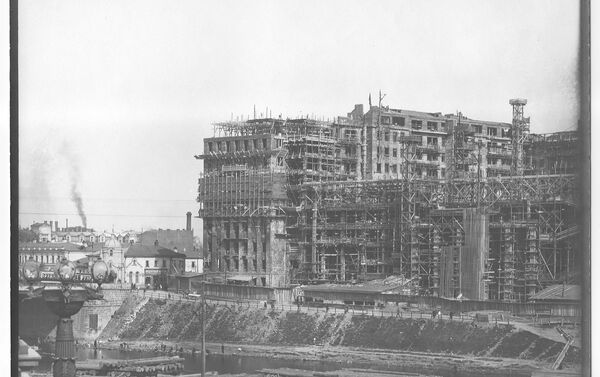
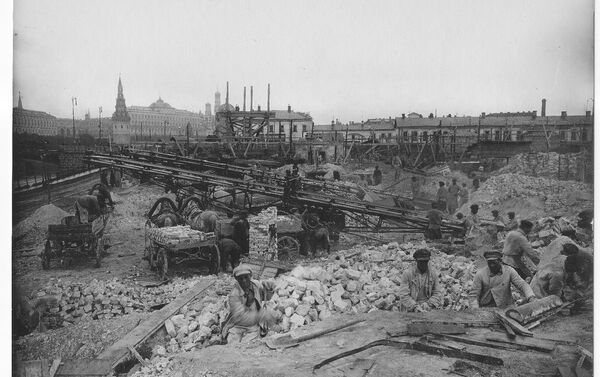
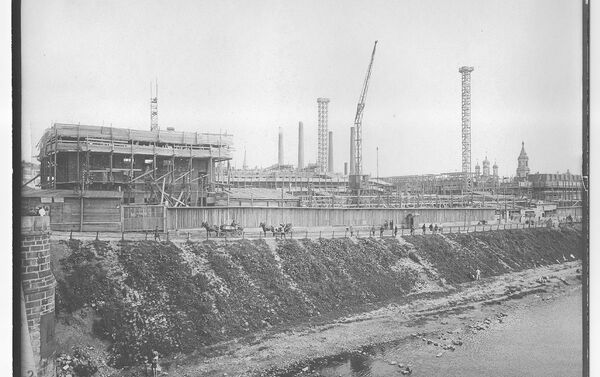
The residents of The House of the Embankment were representatives of Soviet ‘nomenclatura’ – top-officials, generals of the Red Army, writers, scientists. All of them were members of the Communist Party. When the Communist Party purges began, The House on the Embankment was known as 'The House of Secrets' and became a symbol of this epoch. Residents of the house lived in fear as the secret police had eyes and ears everywhere. People preferred to keep silent and at nights agents came and took whole families away. Some of them were murdered, some of them were sent to work camps. The arrests were most frequent at the height of Josef Stalin's purges in 1937. Those arrested were accused of political crimes, such as espionage and sabotage. They were labeled as enemies of the nation and their families were likewise tarnished. 766 of the building's residents disappeared during the Communist Party purges.
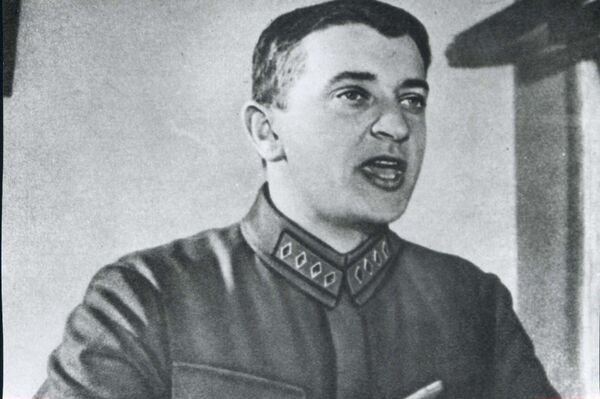
One of the apartments in the building has been turned into a museum. Its director, Olga Trifonova, told Sputnik that the inhabitants of The House on the Embankment knew Stalin before he came to power as an ordinary revolutionary, and did not consider Stalin as a national leader. This awareness could be dangerous for Joseph Stalin who was an unforgiving and revengeful person.
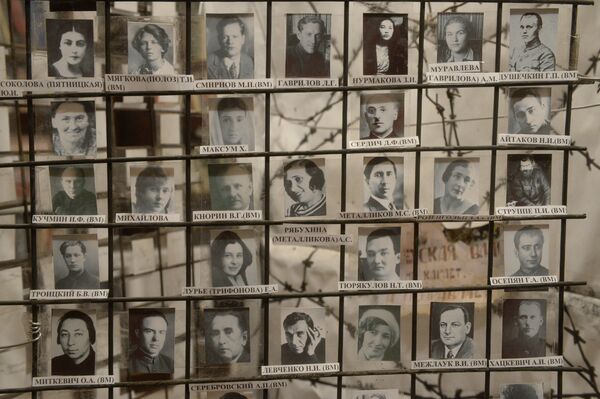
During World War II nobody lived in The House on the Embankment. The men mostly joined the army – there were a lot of volunteers among its inhabitants. Women and children were evacuated to Kazakhstan and Uzbekistan. The deserted house was mined like many other important Soviet buildings in Moscow. The building was demined after the Nazis left Moscow region.
Long after the death of Joseph Stalin, enthusiasts began to gather documents about those who had lived in the House on the Embankment. Much of the information connected with the building remains classified, although the museum agreed to show us a floor plan of one of the apartments.
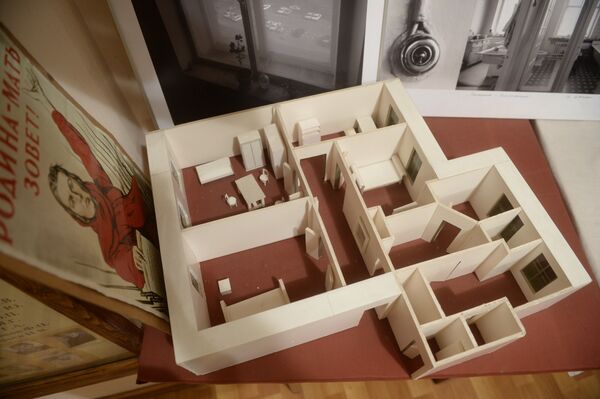
Nowadays, the museum is located at the corner of the first entrance to the building. It takes up three rooms full of various documents, photographs and objects from Stalin’s era. Some of the exhibits are not devoted to residents of the building.
This December, the museum will celebrate its anniversary with a new exhibition. An exposition will be hosted in the Moscow Museum, and open to visitors starting December, 19.

